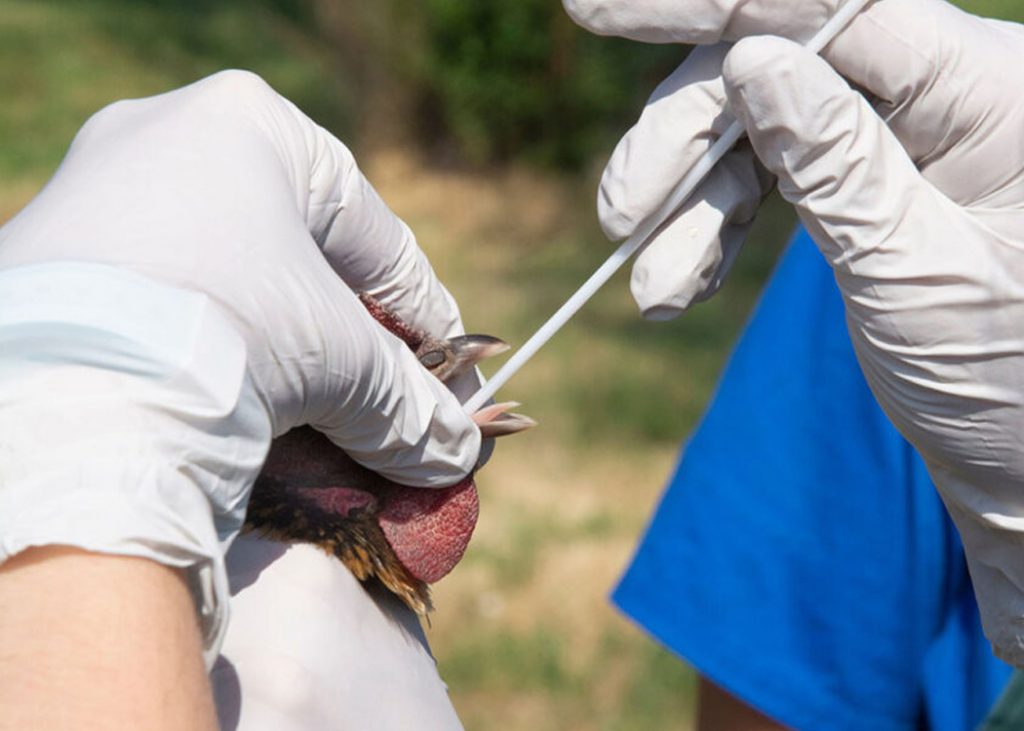
AVN Report
ISLAMABAD: Expressing serious concern over the surge in avian influenza cases across the Asia-Pacific region, the Food and Agriculture Organization (FAO) has urged immediate regional action to address the issue, after a consultation of regional experts in Bangkok, supported by USAID and the CDC.
In a concerning development, 13 new human cases of avian influenza have been reported in Cambodia, alongside additional cases in China and Vietnam since late 2023.
Various species, including scavengers, marine mammals, carnivorous pets, farmed fur animals, and recently, dairy cattle are being affected by a new variant of the virus, complicating efforts to control its spread.
H5N1 avian influenza virus, which is highly pathogenic, has expanded its reach to South America and Antarctica. Regions such as the Greater Mekong Subregion, Indonesia, and the Philippines are under heightened scrutiny due to their diverse ecosystems and limited biosecurity measures. While Thailand and Myanmar have remained outbreak-free for years, India, Nepal, and Bangladesh are currently grappling with outbreaks.
FAO’s Emergency Centre for Transboundary Animal Diseases Regional Manager Kachen Wongsathapornchai has emphasized the urgency, saying, “Since late 2023, we have seen an increase in human cases and the virus spreading to new animal species. The emergence of new A/H5N1 strains, which are more easily transmissible, raises the pandemic threat. Immediate, coordinated preventive measures are essential.”
The FAO stresses the need for a unified response, calling on member states to establish comprehensive surveillance systems, including full genome sequencing, to monitor the virus’s spread and evolution.
It also calls for rapid diagnostics and bioinformatics capabilities as these are crucial for analyzing virus data, alongside enhanced cross-sectoral data sharing for a holistic disease management approach.
Besides, collaboration among governments, international organizations, and the private sector is vital for transparent and prompt information sharing to develop effective containment strategies. Strengthening biosafety and biosecurity in the poultry industry, alongside vaccination strategies and good farming practices, is essential.
Public awareness campaigns are also crucial to mitigate the risk of transmission from sick or dead poultry to humans and to ensure timely treatment for affected individuals.
With USAID’s support, the FAO is collaborating with 13 member states and partners in Asia and the Pacific region to enhance animal health and One Health capacities, aiming to improve prevention, detection, and response to health threats at the human-animal-environment interface. As avian influenza cases increase and new variants emerge, the region faces a critical challenge, requiring swift, coordinated action to protect human and animal health. Through collective efforts and transparent information sharing, member states can strive towards a more secure and resilient future.




